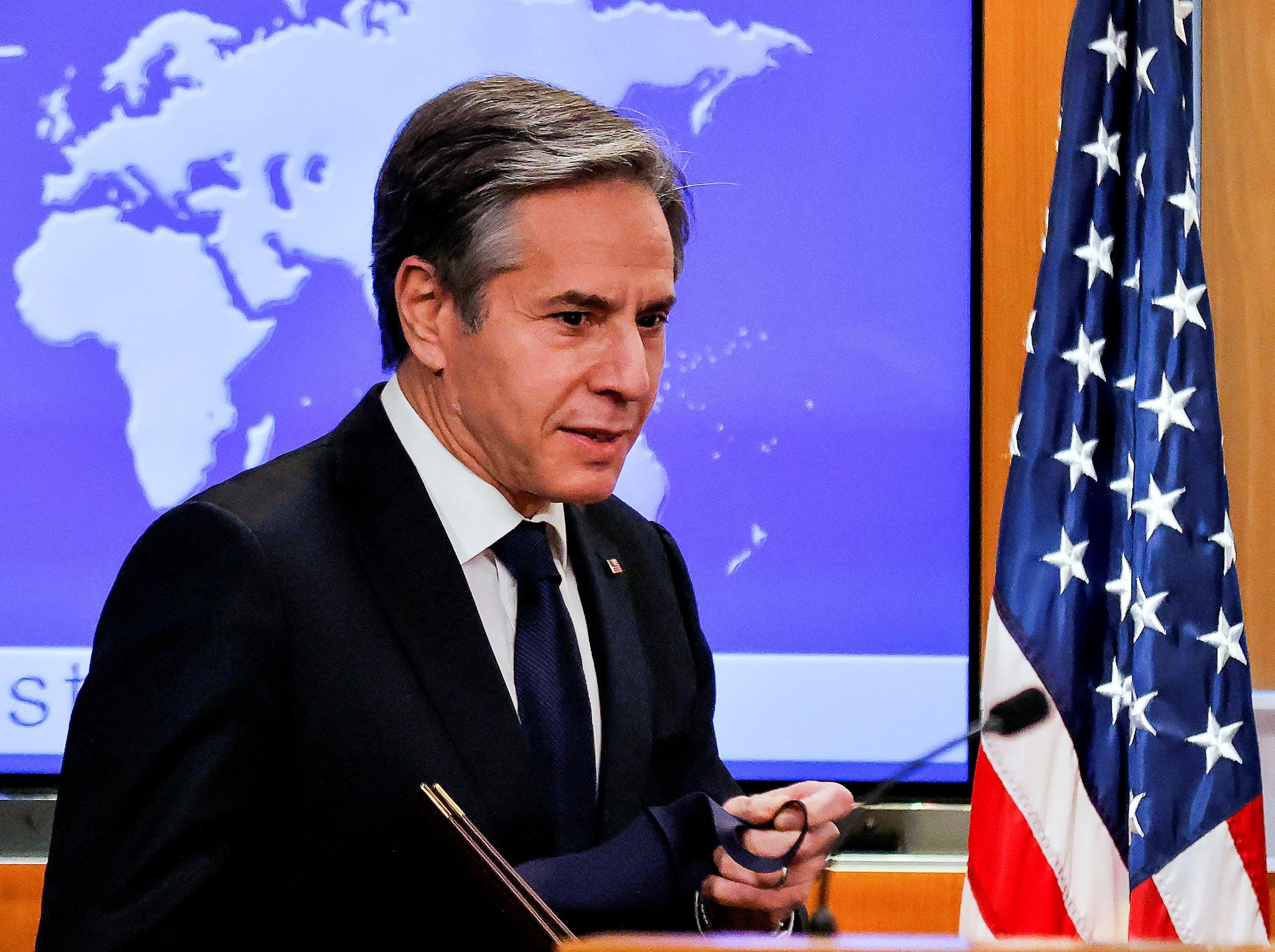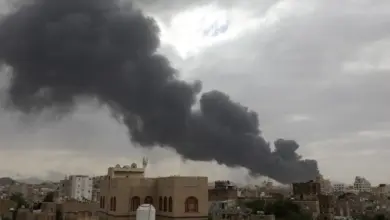
WASHINGTON (Reuters) – US Secretary of State Antony Blinken on Friday said he will revoke terrorist designations of Yemen’s Huthi movement effective Feb. 16, even as he warned that members of the group could be hit with more sanctions.
The Trump administration imposed the specially designated global terrorist (SDGT) and foreign terrorist organization (FTO) labels on its last full day in office despite warnings by other governments, aid groups and the United Nations that the sanctions they carried could push Yemen into a major famine.
President Joe Biden, who took office on Jan. 20, has quickly moved to reverse US policy, aiming to ease the world’s worst humanitarian crisis and intensify diplomacy to end Yemen’s civil war.
“This decision is a recognition of the dire humanitarian situation in Yemen,” Blinken said in a statement on Friday.
A State Department spokesman said that SDGT designations by the Trump administration on three Huthi leaders – Abdul Malik al-Huthi, Abd al-Khaliq Badr al-Huthi and Abdullah Yahya al-Hakim – also would be lifted on Feb. 16.
Blinken, however, appeared to signal limits to US tolerance of the Huthi movement, saying the trio would remain under Treasury Department sanctions “for acts that threaten the peace, security or stability of Yemen.”
They remain under UN sanctions.
Blinken said Washington is monitoring the movement’s activities and identifying new targets to be hit with sanctions, especially those responsible for attacks on commercial shipping in the Red Sea and drone and missile strikes on Saudi Arabia.
“We will continue to closely monitor the activities of Ansarallah and its leaders and are actively identifying additional targets for designation,” Blinken said, using a term by which the Huthi movement also is known.
The war pits the Iranian-aligned Huthi movement against Yemen’s internationally recognized government, which has been backed since 2015 by a Saudi-led military coalition.
“The United States remains clear-eyed about Ansarallah’s malign actions,” Blinken said. “Ansarallah’s actions and intransigence prolong this conflict and exact serious humanitarian costs.”
As part of his policy shift on Yemen, Biden last week announced an end to US support for offensive operations by the Saudi-led coalition.
He also named veteran US diplomat Timothy Lenderking as a special envoy for Yemen with the goal of bolstering UN-led diplomatic efforts to negotiate an end the war. Lenderking has been in Saudi Arabia for talks with Saudi and Yemeni officials.
“It’s not that we are putting our confidence or our faith or our trust in the Huthis,” State Department spokesman Ned Price told reporters in a conference call on Friday. “We are putting a priority on diplomacy broadly.”
Reporting by Jonathan Landay and Daphne Psaledakis; Editing by William Maclean and Grant McCool
By Jonathan Landay, Daphne Psaledakis




